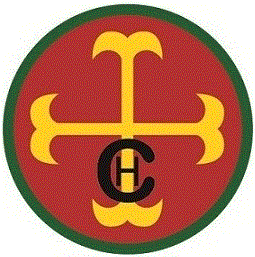Curriculum Information
NULL
- Art Chromatic Progressionpdf
- Art Monochromatic Progressionpdf
- Art Sculpture Progressionpdf
- Computing Progression of Skills for Years 1 - 6pdf
- Design and Technology skills progressionpdf
- Geography Progressionpdf
- History Progressionpdf
- Maths - Key Instant Recall Facts for parentspdf
- Maths Progression and Calculation Policy 2024 All year groupspdf
- Maths Progression and Calculation Policy Nursery and receptionpdf
- MFL Progressionpdf
- Music Development Plan Summary Autumn 2024pdf
- Music Progressionpdf
- PE Overviewpdf
- PE Progressionpdf
- Phonics Progression - Read Write Incpdf
- PSHE/RSHE Overviewpdf
- PSHE/RSHE Progressionpdf
- RE long term planpdf
- Science Skills Progressionpdf
- Writing Progressionpdf
- Genre Progression Non Fictionpdf
